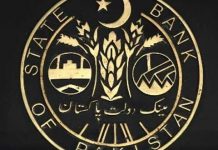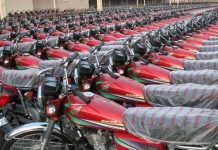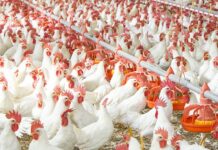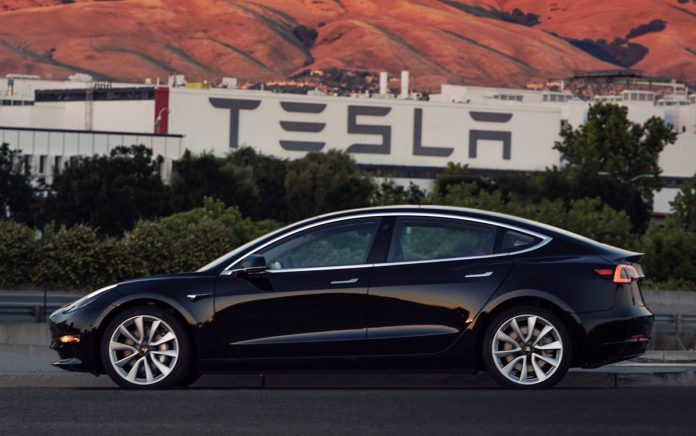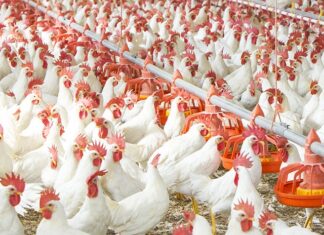The European Union has slashed its planned extra tariff on Tesla electric vehicles imported from China by more than half, the bloc’s executive said, following further investigations requested by the company.
The European Commission also revised its proposed punitive duties on imports of Chinese-made EVs in draft findings, in the highest profile EU investigation of alleged Chinese subsidies, which has provoked threats of retaliation from Beijing.
It set a new reduced extra rate of 9% for Tesla, lower than the 20.8% it had indicated in July, and said some Chinese companies in joint ventures with EU automakers may also receive lower planned punitive duties on Chinese-made EV imports.
The tariffs are on top of the EU’s standard 10% duty on car imports, a measure the Commission says is aimed at levelling the playing field and countering what it says are unfair subsidies.
Tesla had requested a recalculation of its rate, to be based on the specific subsidies the company had received. The Commission said on Tuesday it had verified that it received less subsidies from the Chinese government compared with the country’s EV makers which Brussels had investigated.
The Commission, which sets EU trade policy, said it still believed Chinese EV production has benefited from extensive subsidies and proposed duties on other companies of up to 36.3% – slightly lower than the maximum initial planned duty of 37.6% set in July for companies that did not cooperate with the EU’s anti-subsidy investigation.
China’s commerce ministry said in response it is “firmly opposed to and highly concerned” about the findings, and vowed to take all necessary measures to protect Chinese firms.
The draft findings were based on “facts unilaterally determined by the EU side, not on facts mutually agreed upon,” the ministry said in a statement.
China hopes the EU side will expedite the exploration of proper solutions in a rational and pragmatic manner, and take practical actions to avoid the escalation of trade frictions, it added.
Tesla was among the companies classed as cooperating with the EU investigation. It did not respond to a request for comment on Tuesday.
The Commission said three companies it had sampled would each receive slightly lower provisional duties than indicated in July. China’s BYD would face a rate of 17.0% from 17.4% levied in July, Geely at 19.3% versus 19.9% and SAIC at 36.3% from 37.6%.
Chinese firms in joint ventures with EU producers may also be eligible for the lower duties planned for the Chinese companies in which they are integrated, the Commission said.
Volkswagen’s SEAT subsidiary was now expecting to receive a lower tariff of 21.3% on its Cupra Tavascan, which is produced by a joint venture in China majority-owned by the German automaker, a source close to the matter told Reuters.
A spokesperson for SEAT said it was working with the VW Group to reduce the impact of the tariffs further.
BMW said in a statement its joint venture in China which produces the electric Mini was also classed as a “cooperating company”, qualifying it for a lower duty of 21.3%, versus the 37.6% Brussels had indicated last month.
The planned tariffs could become the EU’s final measure on Chinese-made EVs once its investigation is concluded in about two months.
Interested parties have until August 30 to submit their comments on the Commission’s findings.
The proposed final duties will be subject to a vote by the EU’s 27 states. They will be implemented unless a qualified majority of 15 EU members representing 65% of the EU population vote against.
It is a high hurdle that is rarely reached, although this is a politically charged file.
In an advisory vote in July, 12 EU members supported the provisional tariffs, four voted against and 11 abstained, sources said. Definitive duties would have to apply by Oct. 30.


